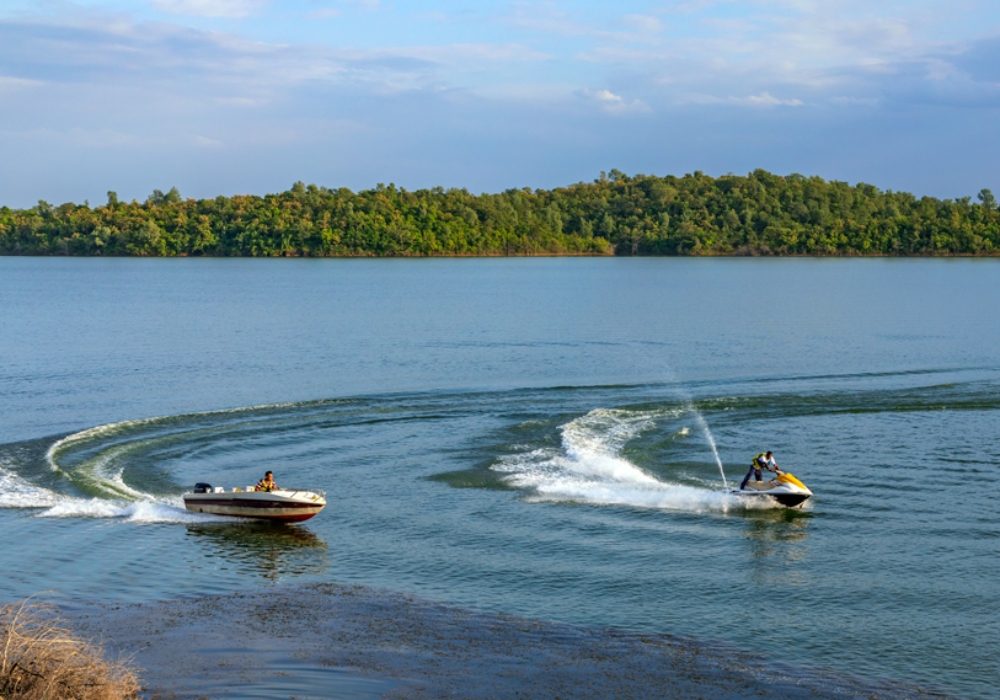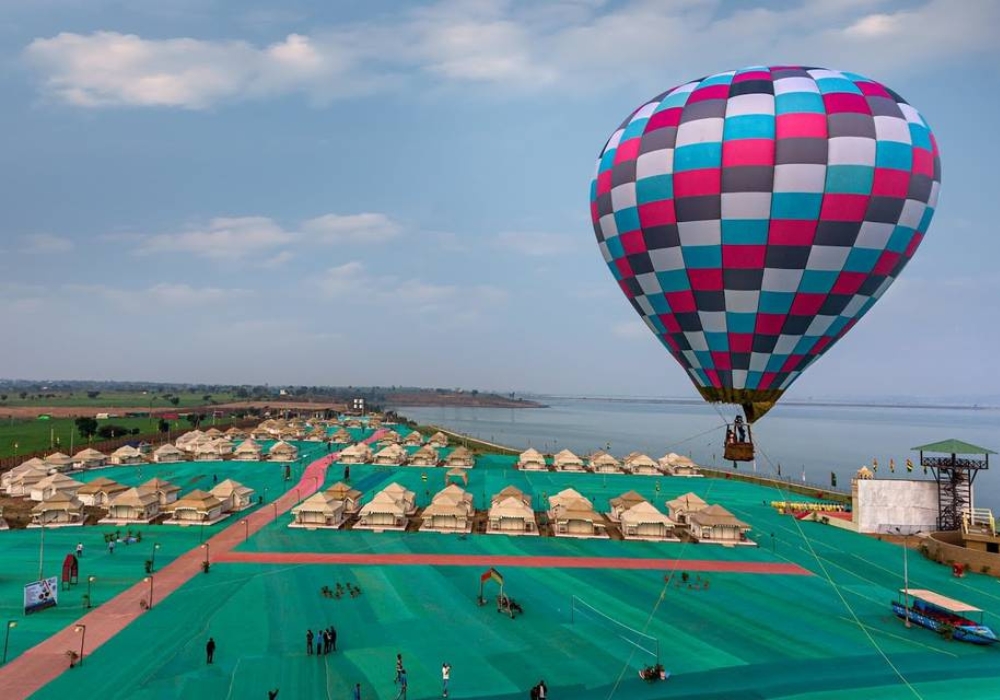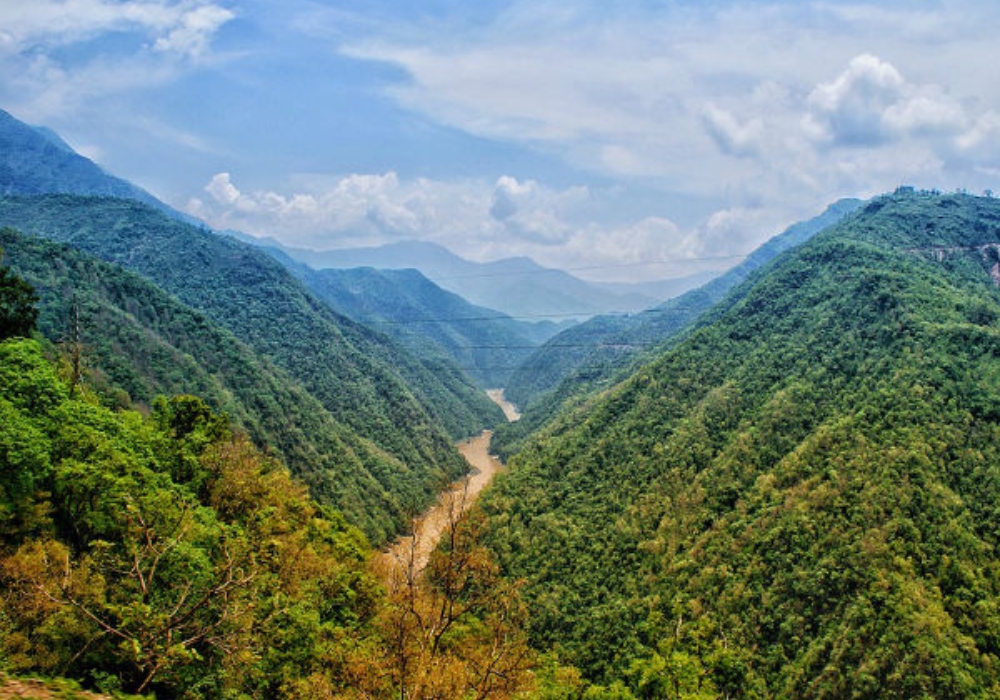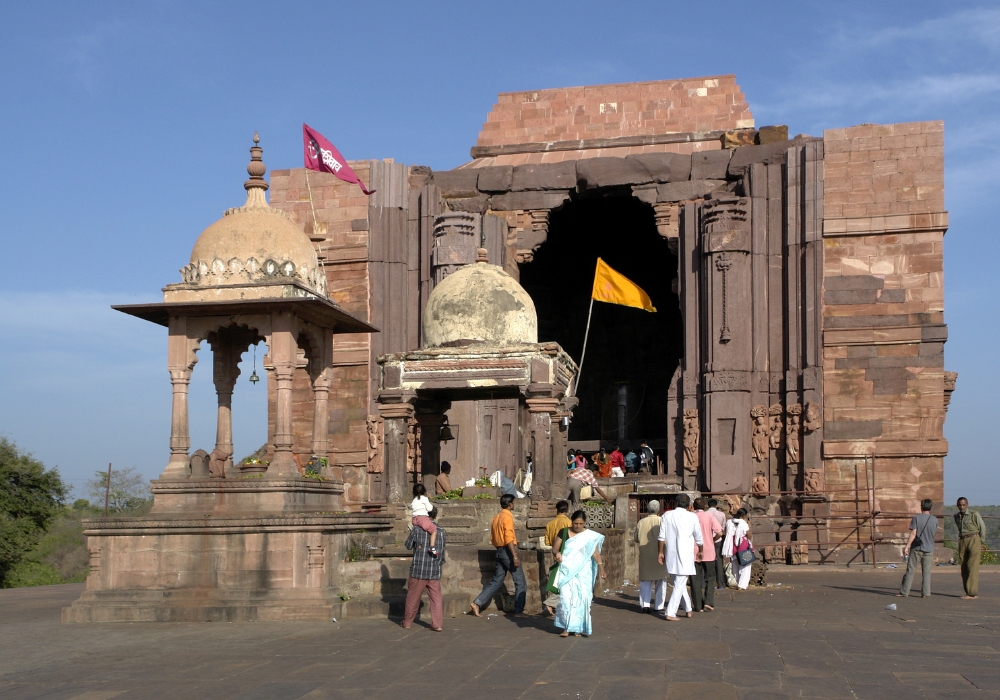Ghughua Fossil National Park
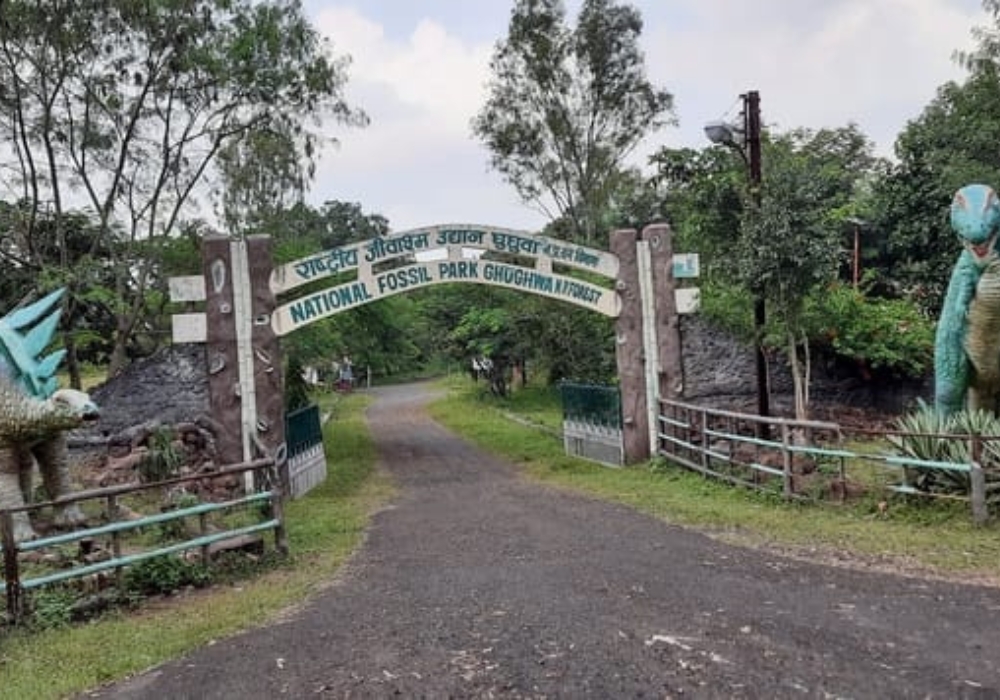
Ghughua Fossil National Park
- The Ghughua Fossil National Park of Madhya Pradesh is situated in Dindori district of Madhya Pradesh State.
- The park covers an area of 2, 74,100 sq meters in Ghuguwa, Umaria, Deorakhurd, Barb Spur, Chanti-hills, Chargaon and Deori Kohani villages.
- One among the smallest parks in the country, Ghughua Fossil National Park is a unique destination in India.
- A small diversion from the route between Bandhavgarh and Kanha National Parks, people travelling between Kanha and Bandhavgarh stop here to visit this park.
- Hundreds of tourists mainly archaeologist, scientist and paleobotanny students visits this park every year.
- It is about 105 kms from Jabalpur city.
- Botanical Fossils belonging to 31 genera of 18 plant families have been identified here.
- These fossils existed between 40 million and 150 million years ago.
- This treasure trove of natural history was unearthed by Dr. Dharmendra Prasad, the then Secretary of the Archaeological Society and the statistical officer of Mandla District after which a systematic study of the same was conducted.
- Realizing the importance of this natural wonder, India government declared this place as a National Park in 1983.
- Contains, a priceless treasure trove of plant fossils, Ghughua Fossil National Park is the largest Fossil Park in Asia and second largest in world.
- According to archaeologists and scientists, Ghughua in ancient times had a humid and equatorial climate with uniform temperatures throughout the year and an annual rainfall above 2,000 mm or more.
- Usually most of the plant and animal fossils have no living relatives, but here many of these fossil plants have living relatives which occur in the Western Ghants, Sikkim, northeast India, Africa,Madagascar and Australia.
- Fossils of eucalyptus trees have been found here which are now native to Australia.
- Other fossilized plants include ancient forms of date palm,neem,jamun,banana,rudraksh,jackfruit and aonla.
- There is an interpretation centre which has comprehensive information on the fossils found here.
- Also visit the self-guided,interpreted fossil trail to see the fossils in their natural setting.
- The park contains wood fossils, leaf impressions, fruit fossils etc.
- The main attraction is the dinosaur egg.
- One of the main advantage is its close proximity to the Bandhavgarh and Kanha National Parks.
Trips
& tours
Choose M.P Holidays®
- Approved by “The Ministry of Tourism” (Approval No: 2203270HE874)
- “The Official No.1 Channel Partner” of M.P Tourism (Registration No: MP-TOUR-20221/131888)
- We are Awarded “The Best Travel Agent” by M.P. Government for the three consecutive years. (2016, 2017 and 2018)
- Having offices at
- Surat
- Indore
- Ahmedabad
- Pachmarhi
- Nagpur
- Kanha
- Discover Madhya Pradesh from major cities like Surat, Ahmedabad, Delhi, Mumbai, Nagpur, Pune and beyond—experience the best of India, no matter where you start.
- Own resort at Madhya Pradesh.

